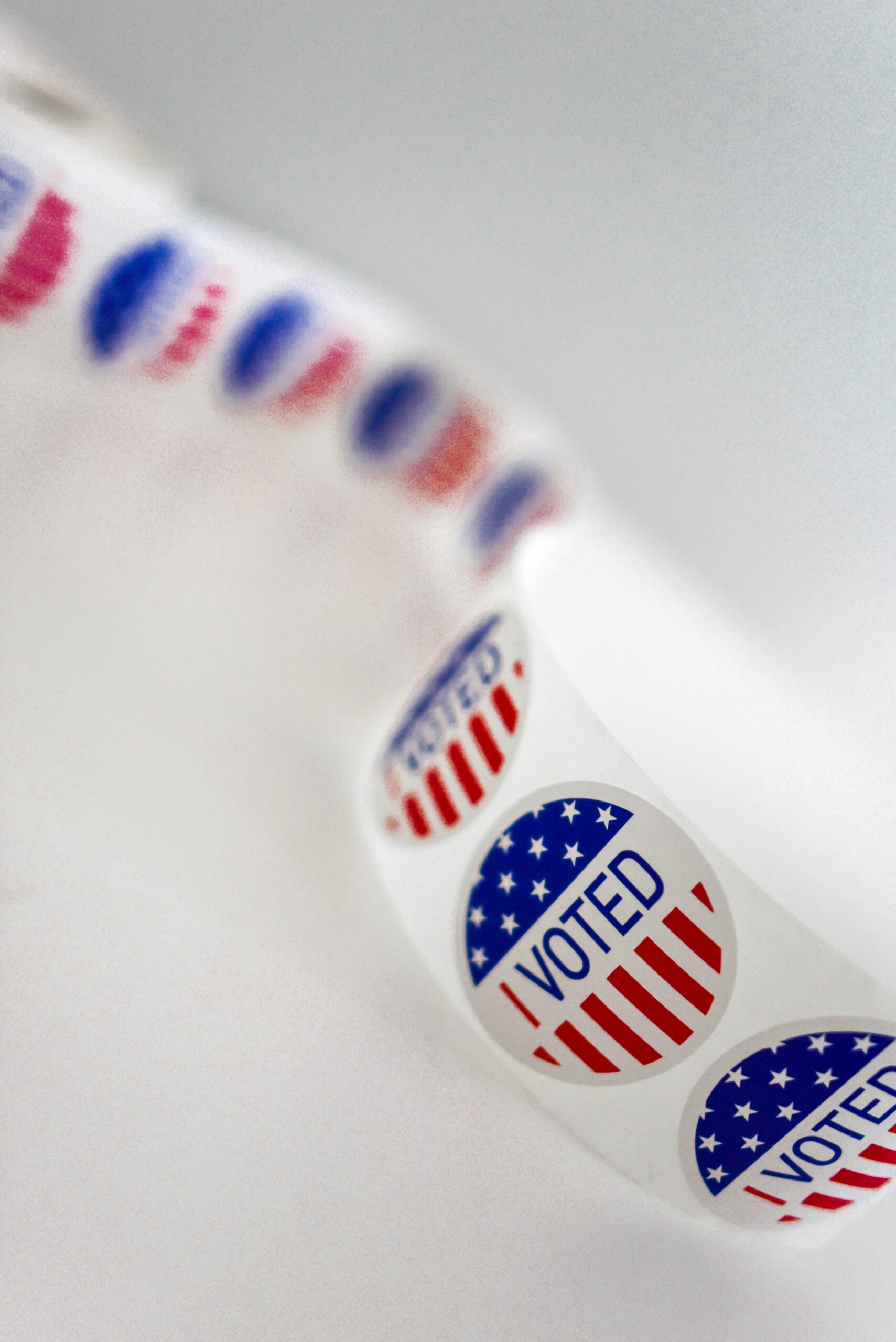
Eric Schwitzgebel wrote a recent blog post called Love Is Love, and Slogans Need a Context of Examples. The post makes the point stated in its title. Slogans, taken on their own, are mostly meaningless. If you took someone with no knowledge of the fight for marriage equality in the US, and said to them, “Love is love,” the only conceivable response is, “Yeah, so?” It’s just a tautology, it doesn’t say anything. The people who use the slogan count on the audience bringing a lot with them. If the slogan is well made, the audience has all of the necessary context and the slogan triggers the intended associations. When someone says, “Love is love,” they hope that the listener hears something along the lines of, “All consenting, adult relationships are equally valid. It doesn’t matter if the people involved are LGBTQ+, straight, cis, or anything else.” Schwitzgebel talks about it regarding modern social justice slogans, Revolutionary War slogans, and even Kant’s Categorical Imperative. He makes a good point. I want to expand on it a bit.
It takes a decent amount of work to get a tautology to take on substantive meaning about consenting adult relationships. That’s the main difficulty in being a sloganeer. They can’t just hope that people will get the full, intended meaning of a catchy phrase. To some extent, they can explain or advertise the meaning of the slogan. “I have a dream,” doesn’t say a lot on its own, but Dr. King created that slogan as part of a speech. The speech explained the slogan and now anyone who has ever heard or read the speech understands what is meant by it.
It’s more complicated than that, though. If a slogan were only meaningful to the people given the explanation, slogans would be nothing more than dog whistles, something that members of the group get and most people miss. That’s not how slogans work, or at least not how they’re intended to work. A slogan isn’t a way of saying, “You’re one of us.” A slogan is a way of rallying people to a cause and attracting new people to the cause. A good slogan will make the listener say, “I want to be part of that group.”
In order for that to happen, the listener needs to make connections. A good slogan maker makes the connections as easy and obvious as possible, but it is up to the listener to do the work of making the connections. Take one of the all-time great slogans, “I like Ike.” It’s as empty as any other slogan by itself. Say it to George Washington and he’ll ask, “Who is Ike and why do you like him?” But in the decade following World War II, everyone knew that Ike was the hero who liberated Europe from Hitler. The connections fall into place: leader, successful, patriotic, inspirational, presidential. Even someone supporting Ike’s opponent probably still liked Ike. And if they didn’t, they wouldn’t be eager to admit it. There was something in the air, and “I like Ike,” captured it perfectly.
It’s no secret that Republicans are better at slogans than Democrats. That’s not because Republicans have some skills that the Democrats lack. It’s because the emptiness of slogans works to the Republicans’ advantage. Usually, not always but usually, there are ideas behind Democrats’ slogans. “Black Lives Matter” is trying to convey ideas about hundreds of years of oppression and violence against black people. That’s a lot to get across in three words and takes a lot of work on the part of the listener. When Republicans counter with “All Lives Matter” the “idea” behind the slogan is as vacuous as the slogan. It doesn’t mean anything and doesn’t say anything, and that’s the point of it. You can’t argue with something so empty. This is also why slogans are so good at advertising products. The less said, the better. The slogan just has to make people feel vaguely good about themselves and it has done its job.
This isn’t meant to let the Democrats off the hook. Just because something is harder doesn’t mean it’s not worth the effort. Using “Pro-choice” to counter “Pro-life” and “I’m With Her” to counter “Make America Great Again” really makes it seem like they’re not trying. If Democrats were a football team, they’d kick a field goal on fourth and goal with two seconds left down by six. Then, when they lost by three, they’d shrug and mumble something about it being a close game. As relatively empty phrases go, slogans are awfully important. Thinking about them is worth our time.









